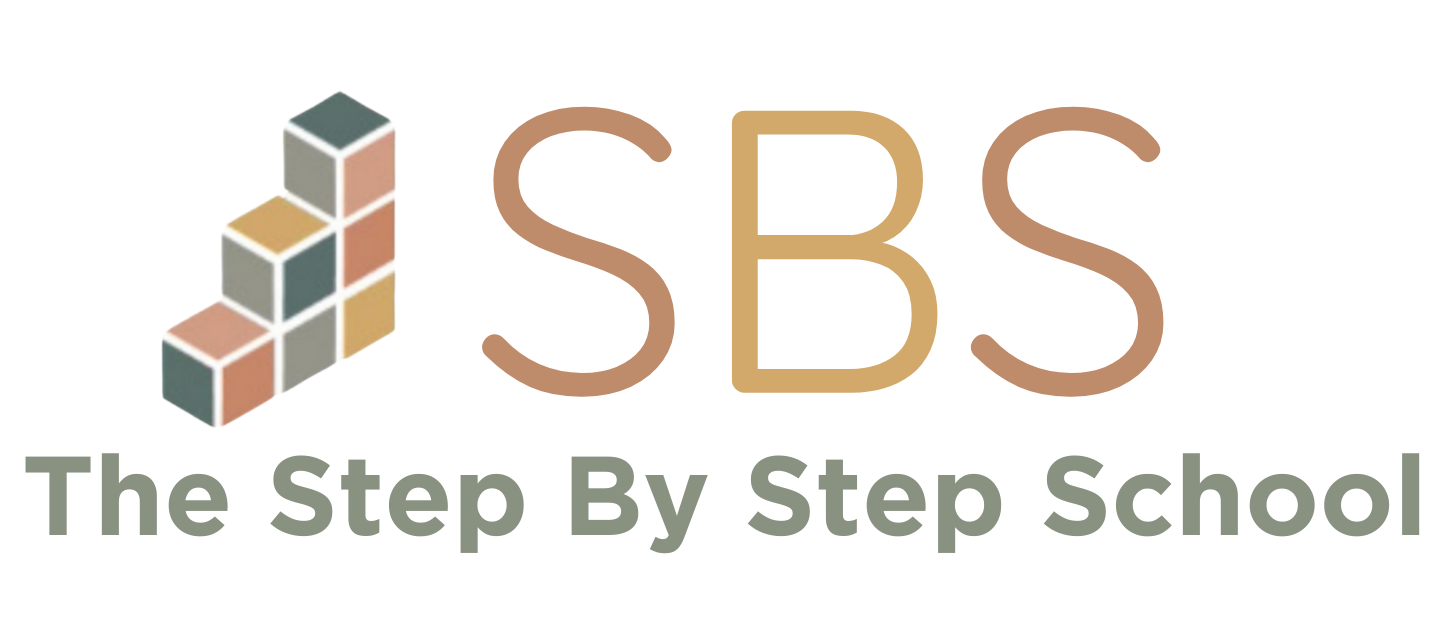Choosing the right time to start preschool is a big step for every family. Whether you’re in Hudson, Monroe, or nearby, knowing when your child is ready can ease your mind and help your little one thrive. Preschool is more than just early education—it’s a gateway to lifelong learning, friendships, and independence.
But how do you really know if your child is ready for preschool? Every child develops differently, but there are a few reliable signs that suggest they’re prepared to take this exciting step.
1. They Show Curiosity About Other Kids
One of the clearest signs your child is ready for preschool is their interest in other children. If they try to join in games or watch others with fascination at the playground, that’s a great indicator. Preschool involves a lot of group interaction—circle time, art, playtime—and being curious about others helps ease the transition.
If you’re in the Hudson or Monroe area, visiting a local preschool and letting your child observe the environment can be a helpful preview.
2. They Can Follow Simple Instructions
Preschool classrooms are full of routines: wash your hands, line up, clean up your toys. If your child is able to follow two or three-step directions, like “Put your shoes away and come to the table,” they’re probably ready to handle the structure of a preschool day.
This doesn’t mean perfection—it’s about willingness and general understanding.
3. They’ve Mastered Basic Potty Training
Most preschools require children to be at least partially potty trained. If your child can go to the bathroom with minimal help and knows when they need to go, it’s a strong sign of preschool readiness.
In some programs around Hudson and Monroe, teachers can assist with occasional accidents, so don’t worry if they’re not 100% there yet.
4. They Can Separate From You Without Melting Down
Separation anxiety is natural, but if your child can stay with a caregiver or grandparent without too much stress, they’re likely ready for preschool. It’s okay if they still get a bit teary—what matters is that they can recover quickly and settle into activities.
You can ease this transition by practicing short goodbyes and gradually increasing time apart.
5. They Can Communicate Their Needs
Preschool doesn’t require full sentences, but your child should be able to express basic needs like “I’m hungry,” “I need to go potty,” or “I’m tired.” This helps teachers respond appropriately and ensures your child feels safe and understood.
Programs in Hoboken’s Hudson and Monroe campuses often support language development through songs, stories, and engaging conversation.
6. They Show Interest in Learning
Children don’t need to know the alphabet before starting preschool, but they should show interest in learning through play. Enjoying books, exploring crayons, or asking lots of questions are all great signs.
This natural curiosity is exactly what preschool nurtures—especially in settings that use play-based learning models.
7. They Can Sit and Focus for Short Periods
Preschool activities don’t last long, but your child should be able to sit and focus for 5–10 minutes at a time. This includes listening to a story or participating in a song. The ability to pay attention in short bursts is essential for group activities.
Not sure? Try a short story time at home and see how your child responds.
8. They Handle Transitions Without Too Much Trouble
Moving from one activity to another—like snack time to outdoor play—is part of daily preschool life. If your child can accept changes in routine with gentle guidance, it’s a sign they’ll manage transitions at school.
Look for how your child reacts when playtime ends or bedtime begins. Flexibility is key.
9. They Can Play Independently (For a Few Minutes)
Being able to play alone—even for 5–10 minutes—is a preschool plus. It shows your child can explore, think creatively, and self-soothe when needed. Independent play also builds confidence and resilience.
Preschool builds on this skill by offering both guided group work and solo exploration.
10. They’re Physically Ready for Active Play
Preschool includes activities like climbing, running, painting, and fine motor tasks like using scissors. If your child enjoys moving around and can manage simple tools like crayons and blocks, they’re physically ready.
In Hudson and Monroe, many preschools offer outdoor time in parks or play areas to support physical development in a natural setting.
Is My Child Ready for Preschool?
Each child grows at their own pace, but if you notice most of the signs above, your little one is likely ready to start preschool. Don’t worry if they’re not checking every box—preschool programs are designed to support growth and development at many levels.
Still unsure? Schedule a tour at The Step by Step School and see how your child reacts to the environment. Sometimes, a visit makes everything clearer.
FAQs About Preschool Readiness
1. What age should my child start preschool?
Most children start preschool between 2.5 and 4 years old, depending on readiness and program requirements. In Hudson and Monroe, local preschools offer flexible enrollment options for various age groups.
2. Does my child need to know the alphabet before starting preschool?
No. Preschool is where many children begin learning letters and numbers. What’s more important is that your child shows interest in learning and can follow simple instructions.
3. What if my child is shy—does that mean they’re not ready for preschool?
Not at all. Many shy children thrive in preschool environments. Teachers are trained to gently encourage interaction and build social confidence.
4. How long is a typical preschool day?
It varies. Most programs in Hudson and Monroe offer half-day (3–4 hours) or full-day (6–8 hours) options. Look for flexible schedules that match your child’s energy level and your family’s needs.
5. How can I help my child prepare for preschool?
Start with simple routines at home: regular bedtimes, snack times, and playtime. Read books about preschool, visit the campus, and practice short goodbyes to ease the transition.









